Constipation is an uncomfortable, often painful condition affecting millions of people worldwide. While occasional constipation is common, chronic constipation can interfere with daily life and lead to complications if not managed properly. One of the best remedies for constipation is a diet rich in fiber, which promotes regular bowel movements and supports overall digestive health. This article will cover what causes constipation, the types of food that can help ease it, and a list of the top 10 foods that are not only rich in fiber but are also proven to get your digestive system moving smoothly.
What Causes Constipation?
Constipation occurs when bowel movements are infrequent, stools are hard, and passing them is difficult. Several factors can lead to constipation, including:
- Low Fiber Intake: Fiber adds bulk to stool, making it easier to pass. Without enough fiber, stool becomes hard and difficult to move through the digestive tract.
- Dehydration: Water helps soften stool, allowing it to pass through the intestines smoothly. Lack of hydration can make stool dry and hard.
- Lack of Physical Activity: A sedentary lifestyle can slow down digestion, leading to constipation.
- Ignoring Urges: Ignoring the urge to go can lead to the body absorbing more water from stool, making it harder to pass later.
- Medications: Certain medications, including painkillers, antidepressants, and iron supplements, can contribute to constipation.
- Stress: High levels of stress can negatively impact digestion and slow down bowel movements.
While there are various causes, increasing fiber intake is one of the most effective and natural ways to combat constipation.
How Fiber Helps with Constipation
Fiber is a type of carbohydrate that the body cannot digest. Instead, it moves through the digestive system, adding bulk to stools and aiding in regular bowel movements. There are two main types of fiber:
- Soluble Fiber: This fiber absorbs water, forming a gel-like substance that helps soften stool, making it easier to pass.
- Insoluble Fiber: This fiber adds bulk to stool and speeds up its passage through the digestive system.
Both types of fiber are beneficial for preventing and treating constipation. A diet rich in fiber, combined with adequate hydration, can significantly improve bowel health.
Top 10 Foods for Constipation Relief
Here is a list of the top 10 high-fiber foods that can ease constipation and get your digestive system back on track. Each entry includes fiber content per 100 grams.
1. Chia Seeds
- Fiber Content: 34 grams per 100 grams
- Chia seeds are one of the richest sources of fiber, especially soluble fiber, which forms a gel-like consistency when soaked in liquid. This helps add bulk and softness to stool, making it easier to pass. Add chia seeds to smoothies, oatmeal, or yogurt for an easy fiber boost.
2. Flaxseeds
- Fiber Content: 27 grams per 100 grams
- Flaxseeds are another excellent source of both soluble and insoluble fiber. They not only relieve constipation but also provide omega-3 fatty acids, which are good for heart health. Grind flaxseeds for better digestion and add them to cereal, salads, or baked goods.
3. Lentils
- Fiber Content: 8 grams per 100 grams
- Lentils are rich in fiber and protein, making them a nutritious and satisfying choice for digestive health. They contain mostly soluble fiber, which absorbs water and eases stool passage. Lentils are versatile and can be used in soups, salads, or as a side dish.
4. Apples
- Fiber Content: 2.4 grams per 100 grams
- Apples are high in pectin, a type of soluble fiber that forms a gel in the digestive tract, promoting smooth bowel movements. Eating apples with the skin on provides extra fiber. They’re great as a snack or can be added to salads and oatmeal.
5. Broccoli
- Fiber Content: 2.6 grams per 100 grams
- Broccoli is high in both fiber and water, which are essential for digestive health. It also contains sulforaphane, a compound that can protect the gut lining. Include steamed or raw broccoli in salads, stir-fries, or as a side to meals.
6. Oats
- Fiber Content: 10 grams per 100 grams
- Oats are rich in soluble fiber, which can add bulk and soften stool. They are an ideal breakfast choice, providing a steady release of energy and promoting satiety. Enjoy oats in oatmeal, smoothies, or as an ingredient in homemade granola.
7. Prunes
- Fiber Content: 7 grams per 100 grams
- Prunes are well-known for their natural laxative effect, due to their high fiber content and the presence of sorbitol, a sugar alcohol that helps soften stools. They make an excellent snack and can also be added to yogurt or cereal.
8. Pears
- Fiber Content: 3.1 grams per 100 grams
- Pears are rich in water and fiber, making them an excellent choice for relieving constipation. Like apples, pears contain pectin, which softens stools. Eating pears with the skin on maximizes their fiber content. They are delicious on their own, in salads, or in smoothies.
9. Beans (Kidney, Black, or Pinto)
- Fiber Content: 6-7 grams per 100 grams
- Beans are one of the best plant-based sources of fiber and contain both soluble and insoluble fiber, which can help add bulk and ease constipation. They can be added to soups, salads, tacos, and more for a satisfying fiber boost.
10. Berries (Raspberries, Blackberries)
- Fiber Content: 6.5 grams per 100 grams (for raspberries)
- Berries are a delicious and high-fiber food, with raspberries and blackberries being especially fiber-rich. They are low in calories and full of antioxidants. Enjoy them on their own, in yogurt, or as a topping for oatmeal.
Tips for Incorporating High-Fiber Foods
Adding fiber to your diet can be simple and enjoyable with a few easy tips:
- Start Slow: Gradually increase fiber intake to avoid bloating or gas.
- Stay Hydrated: Drink plenty of water, as fiber needs water to move smoothly through the digestive tract.
- Mix It Up: Incorporate a variety of fiber-rich foods to ensure you get both soluble and insoluble fiber.
- Plan Your Meals: Incorporate at least one high-fiber food in each meal to meet your daily fiber goals.
How Much Fiber Should You Aim for Daily?
The recommended daily intake of fiber is around 25 grams for women and 38 grams for men. However, many people fall short of this goal. Including these high-fiber foods in your diet can help you meet the daily recommendation, improve digestion, and prevent constipation.
Additional Lifestyle Tips for Constipation Relief
Besides eating high-fiber foods, other lifestyle changes can help ease constipation:
- Regular Exercise: Physical activity promotes gut motility and reduces the time food spends in the digestive tract.
- Set a Routine: Establish regular bathroom habits and avoid delaying when you feel the urge to go.
- Reduce Stress: Stress can impact digestion, so take time for relaxation and mindful activities.
Conclusion
Constipation can be a frustrating issue, but it’s manageable with the right dietary choices. Including fiber-rich foods like chia seeds, prunes, oats, and berries can make a significant difference in your digestive health. By understanding what causes constipation and incorporating these top 10 foods into your diet, you can enjoy a smoother digestive ride and improve overall wellness. Always remember to increase your fiber intake gradually, drink plenty of water, and enjoy the many benefits of a fiber-rich diet. With these tips, you’ll soon say goodbye to constipation and feel lighter, healthier, and more energetic.


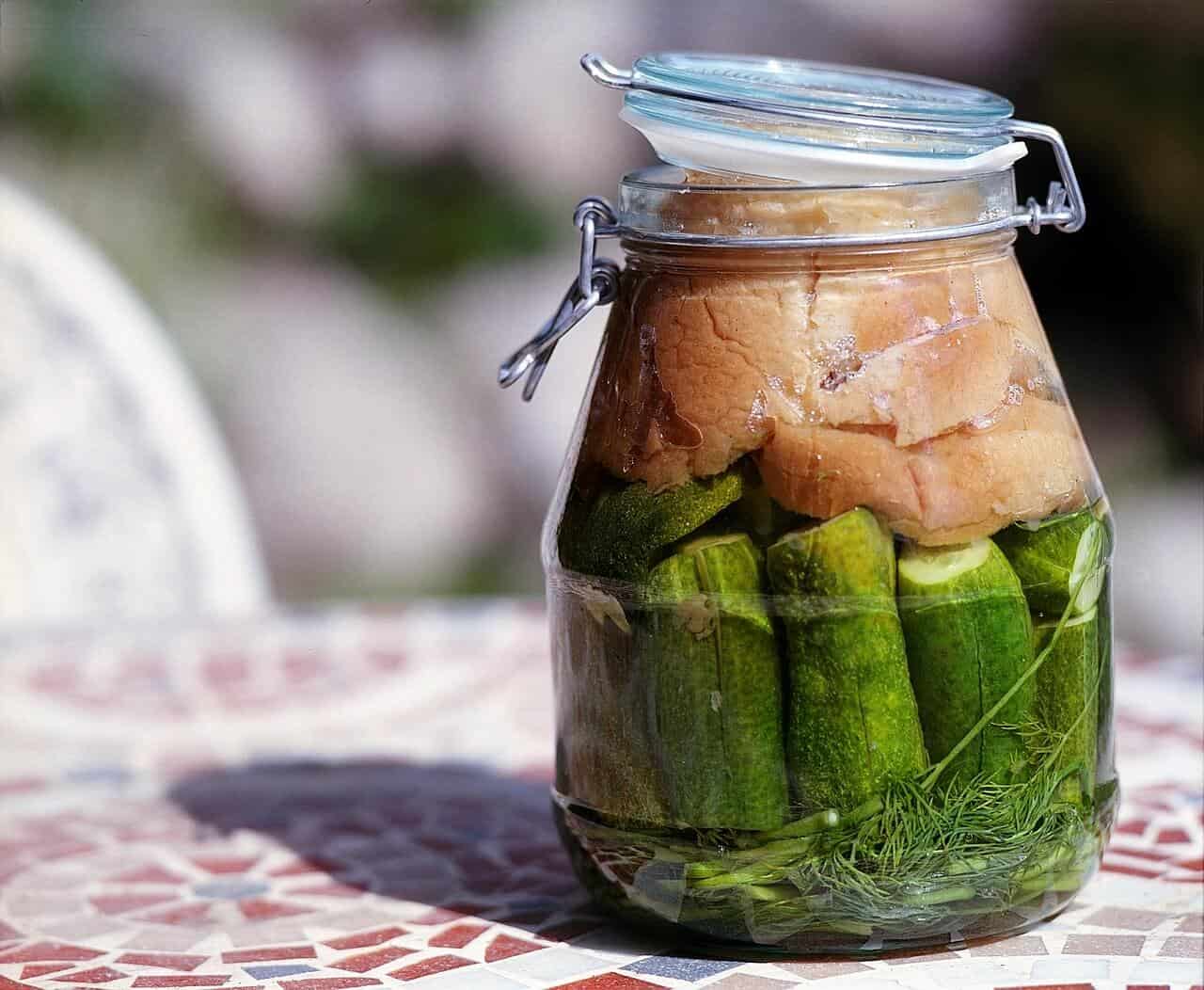


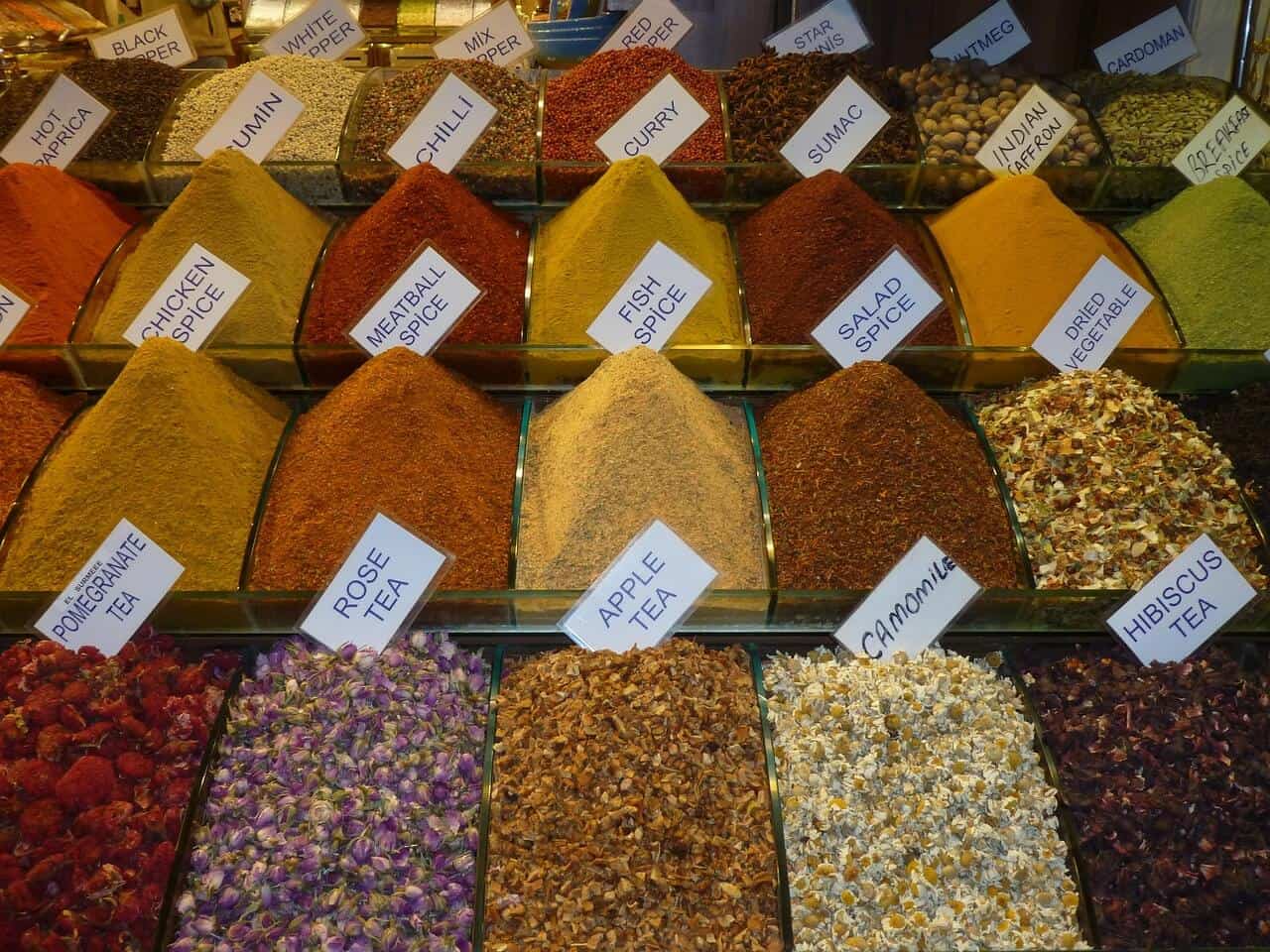




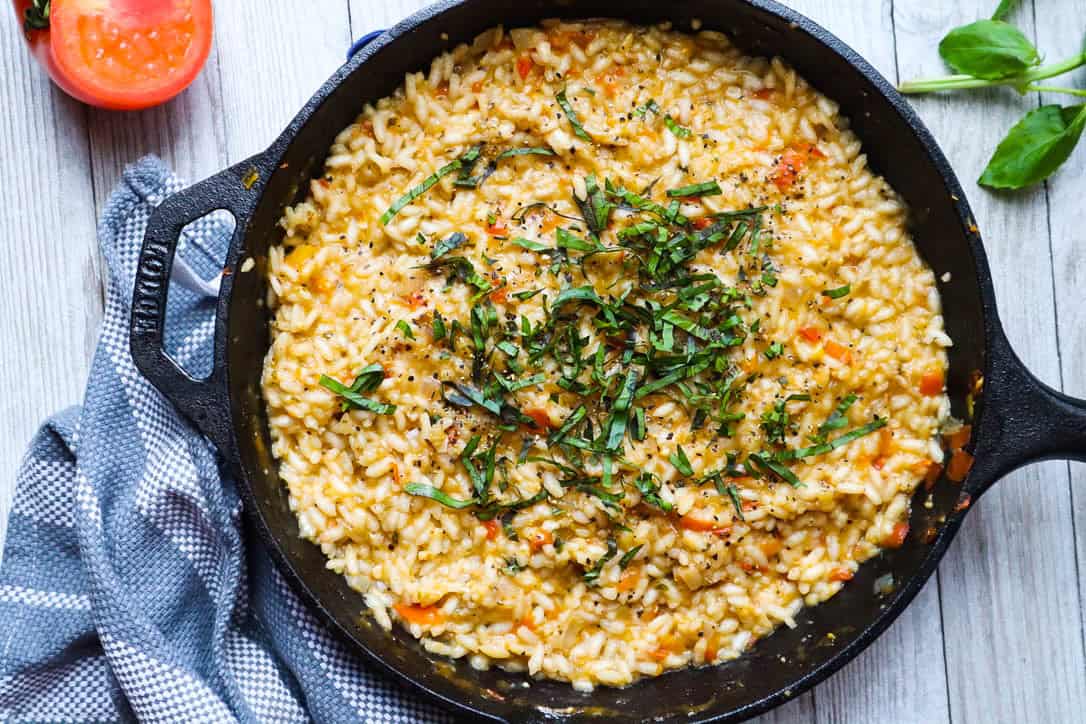
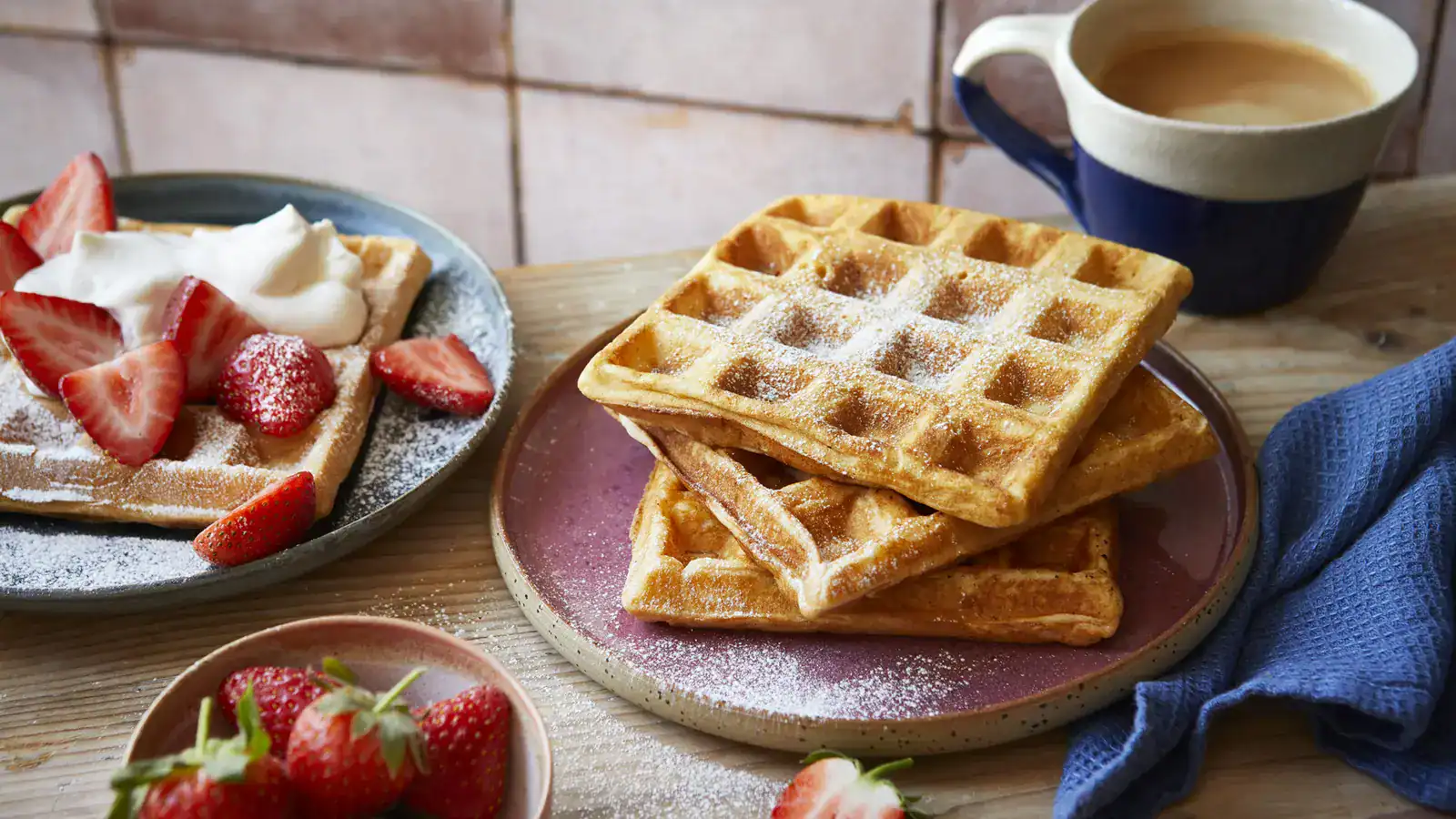

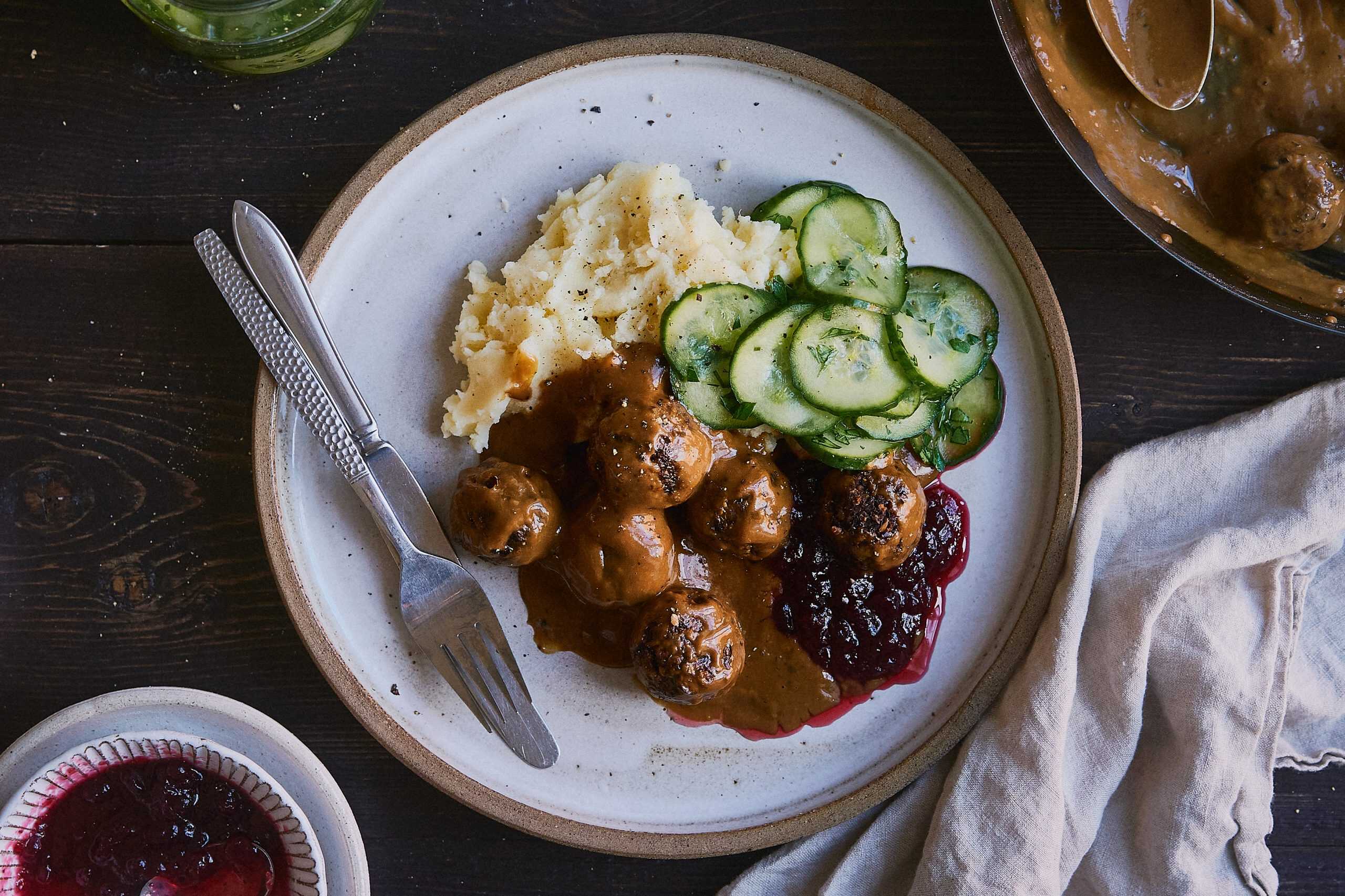
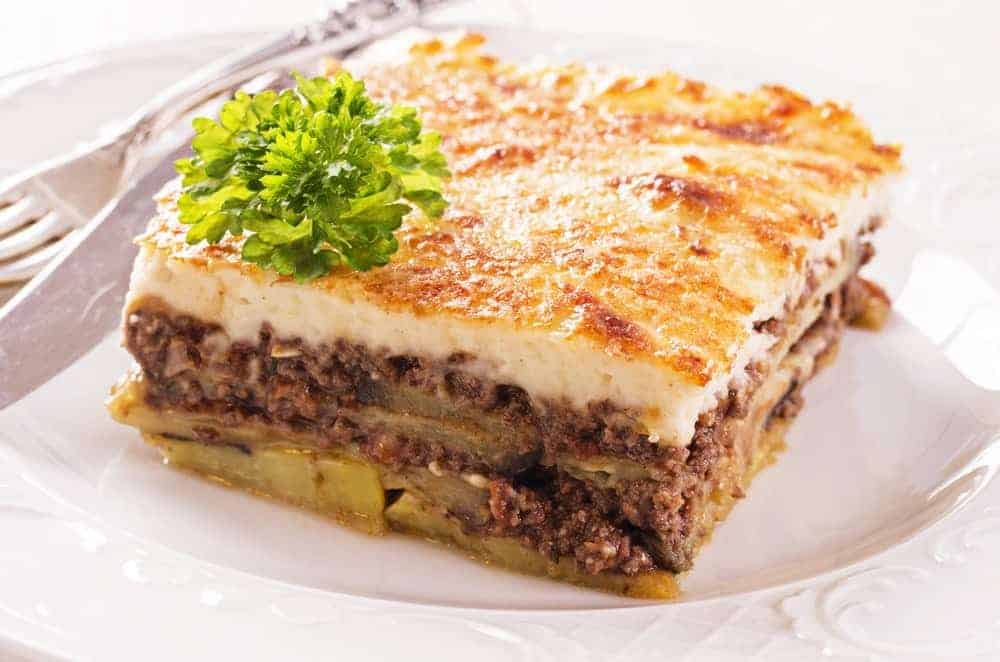

2 thoughts on “Say Goodbye to Constipation: Top 10 Foods for a Smooth Digestive Ride”
Comments are closed.